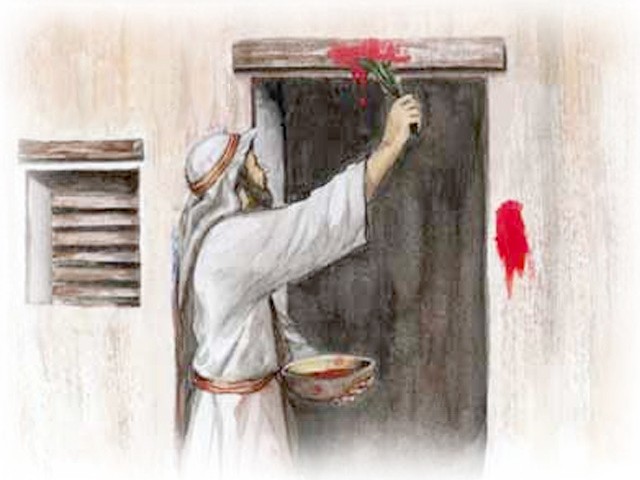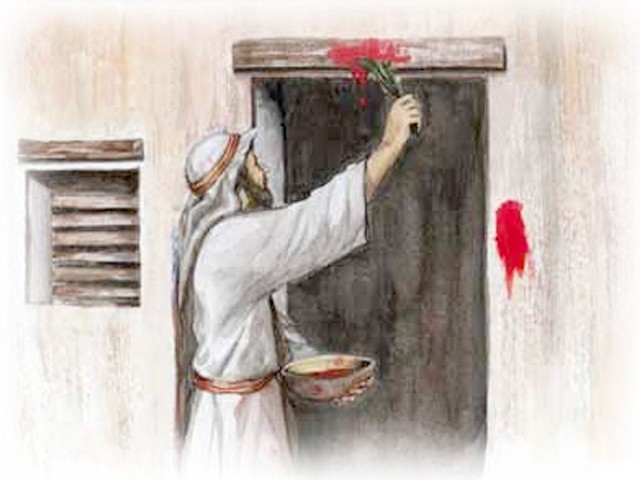Passover this year began the evening of April 18 and concludes Tuesday with a Memorial Service. Passover has a message for the conscience and the heart of all mankind, even though it was intended for and observed by Jews world-wide.
Its meaning is in the heart of every Jew and has been since the days of Moses. But what does it mean, commemorate and how can its lessons help our all people' Passover commemorates the deliverance of the Israelites from slavery in the land of Ancient Egypt.
It is Israel and God's protest against unrighteousness, whether individual or national. Passover declares that while wrong may triumph for a time, it will meet with its inevitable retribution in the end. Passover is celebrated with the reciting of the words and observing the ritual explained in the Haggadah, a Jewish text that establishes the order of Passover. Although the Egyptian Pharaoh of old is the tyrant of the Haggadah, it is not he alone of whom Jews speak of nightly throughout the eight days of Passover.
They also speak of other tyrants and other tyrannies the world over. Tyrannies spoken out against include: poverty, hunger, selfish behavior, abuse of children and senior citizens, vile and mean life styles, despair, ignorance, racial hatred, and drug and alcohol abuse.
Passover brands them all as abominations in the sight of God. Although it is the Jewish people who are reliving an epoch peculiar to Jewish History, Jews want mankind around the world experience freedom associated with Passover.
Jews invite all people to understand and appreciate the essence of Passover. Passover's enactment is not confined only to the Seder Plate in Jewish homes and places of worship; it has been embraced by the world in various forms, is continually being re-enacted by all who seek avenues to assert their condemnation of the oppression and tyranny and by all who search for freedom, civil and human rights, justice and peace. Men such as Thomas Jefferson, President Abraham Lincoln and Dr. Martin King understood the significance of Passover and devoted themselves to the ramification of freedom ideals.
The spirit of Passover, although created of the flesh and sinew of Judaism for Jews long ago, belong to all mankind who cherish freedom.
"Since the Exodus, freedom has spoken with a Hebrew accent," said Heinrich Heine, a 19th-century German poet. "Today, it speaks in the language of all men who love freedom."


Social Sharing